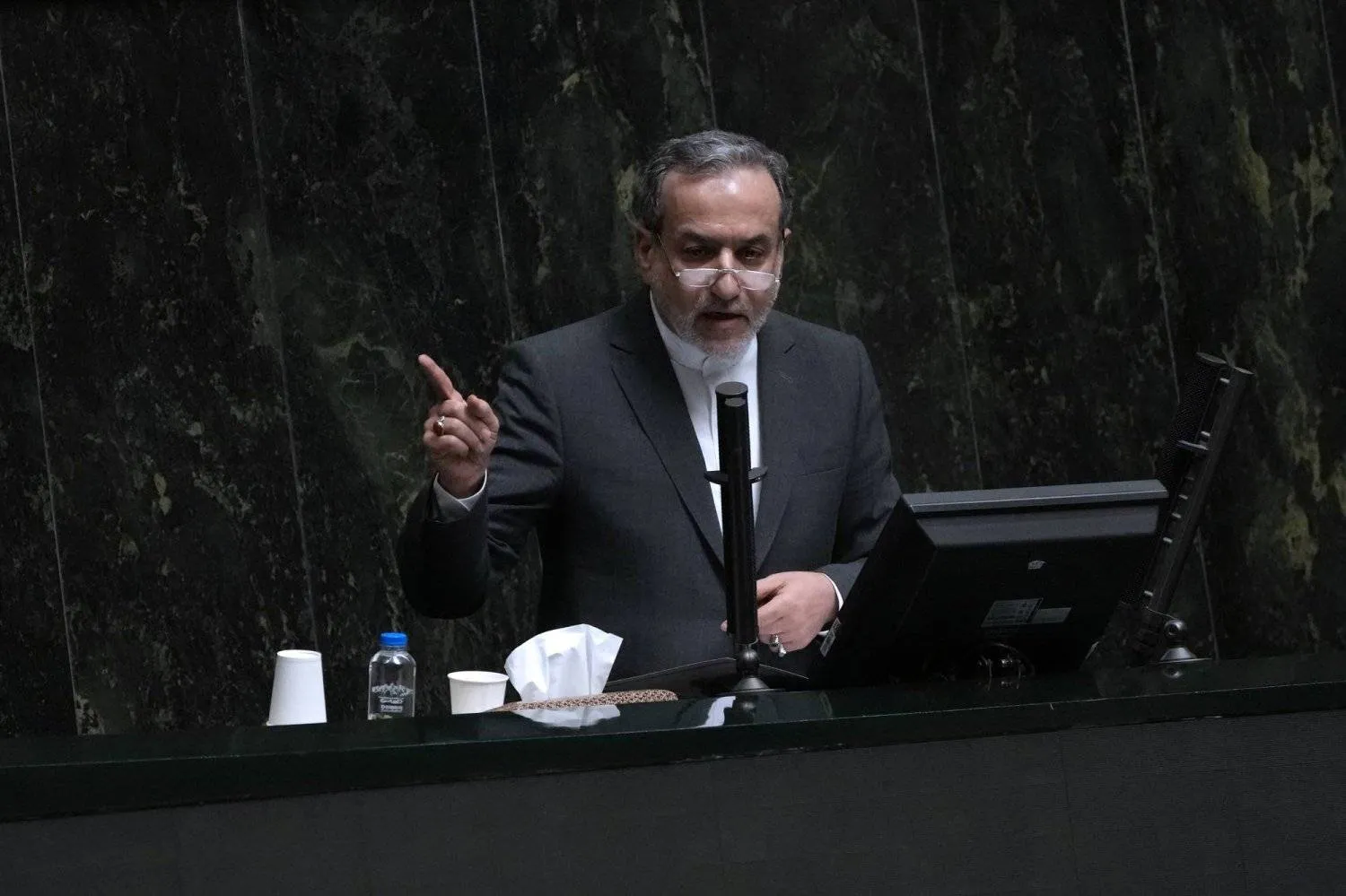Paris has demanded that the new Iranian government release the French hostages “immediately” and urged Tehran to pressure its allies to de-escalate tensions in the region.
French Foreign Minister Stéphane Séjourné held a phone call on Friday with his Iranian counterpart, Abbas Araghchi. According to a press statement, Séjourné emphasized France’s top priority, which is the immediate release of the French citizens who are held hostage in Iran.
The French foreign minister also expressed concern over the mounting tensions in the region and called on Araghchi to “make every effort to prevent further escalation in the area.”
Séjourné also stated that he “requested Iran to urge all destabilizing actors it supports in the region to exercise the highest level of restraint.”
Araghchi had begun his tenure at the Iranian Foreign Ministry with a series of phone calls to his counterparts in the region and Europe, advocating for “dialogue and correction of erroneous policies against Iran,” as reported by the Tasnim News Agency, which is affiliated with the Revolutionary Guard.
In a late statement on Thursday, the Iranian minister said that his country “welcomes the development of relations with the European Union in an environment based on mutual respect.”
Relations between the EU and Iran have deteriorated in recent years. The European bloc accuses Tehran of not curbing its nuclear activities, supporting the Palestinian group Hamas, backing Russia’s war in Ukraine, and committing human rights violations.
For his part, EU Foreign Policy Chief Josep Borrell said on X that he discussed with his Iranian counterpart the prospects of renewing communication on all issues of mutual interest.
He explained that the talks covered the necessity of de-escalation and restraint, as well as stopping military cooperation with Russia against Ukraine and preventing nuclear proliferation.
Borrell stated that such “constructive dialogue... is essential to defuse regional tensions.”
Tasnim News reported that German Foreign Minister Annalena Baerbock congratulated Araghchi in a phone call on his appointment as Iran’s Foreign Minister.
The agency added that Baerbock expressed her hope that the new Iranian government works to expand bilateral relations by resolving outstanding problems and removing obstacles.









